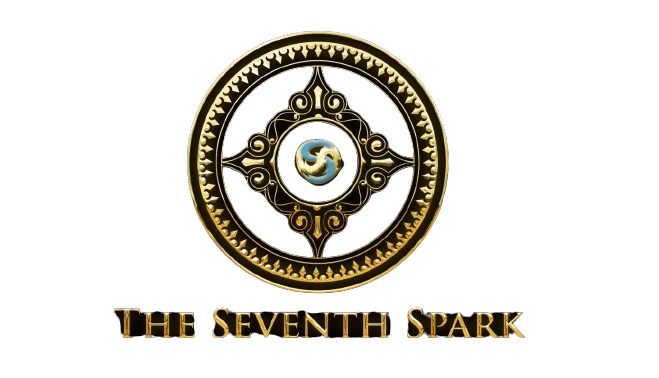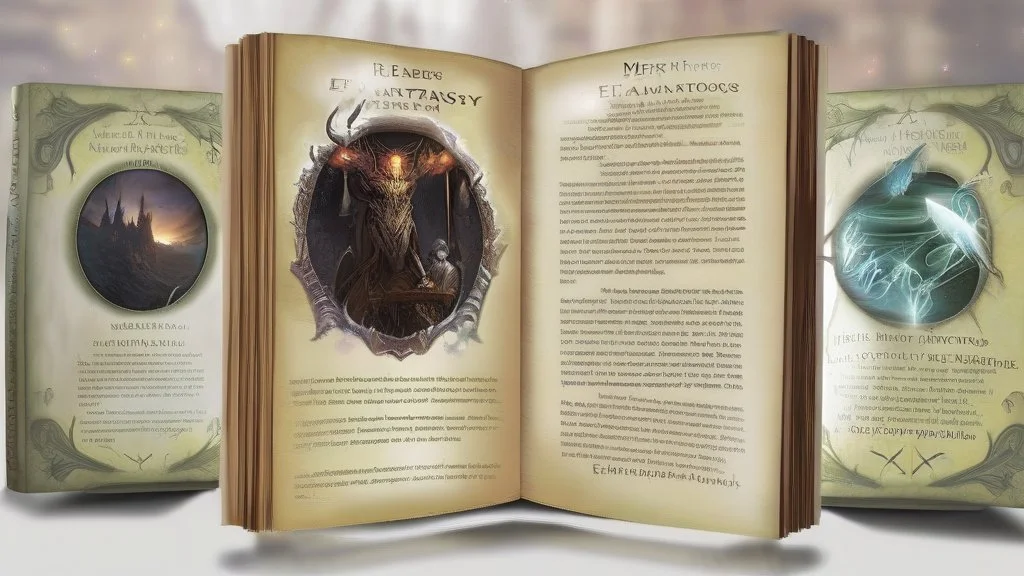What Makes Fantasy Epic?
The word "epic" originates from the Greek "epos," meaning a "word; a tale, story; promise; prophecy, proverb; poetry in heroic verse." From 1706, it referred to an epic poem or "a long narrative told on a grand scale of time and place, featuring a larger-than-life protagonist and heroic actions." Epics were poetry that often dealt with action and grandeur of traditional or historical interest, focusing on the deeds of a specific hero. Epic poetry was recited aloud, entertaining audiences with the exploits of the hero and the nation represented. Epic fantasy goes beyond a single hero and quest; it encompasses a world, its people, and a conflict that will change it forever. The Lord of the Rings trilogy is a prime example, with its complex narrative extending far beyond Frodo's quest. Here are key elements every epic fantasy should include.
The 10 essential components every epic fantasy must include
In the world of epic fantasy, certain elements are crucial for crafting a truly immersive and unforgettable story. These elements not only set the stage for grand adventures but also create a rich tapestry that readers can lose themselves in. Here are 10 must-haves in any epic fantasy tale:
A Map: Epic fantasy novels often showcase intricate maps of their worlds, providing readers with a visual aid to follow the characters' adventures and grasp the expansive nature of the setting. These maps not only serve as practical tools but also become iconic symbols of the series, enhancing the reader's immersion in the fantastical world created by the author.
Incredible Worldbuilding: In the realm of epic fantasy, worldbuilding is a cornerstone, crafting a universe distinct from our own. The Five Realms, a creation of the author, is a prime example. This land is a desert expanse with elevated terrain, where freshwater flows underground, and frequent earthquakes have carved perilous rifts. Each nation within this realm is meticulously crafted, boasting a complex history interwoven with a magical system that fuels conflicts. The goal was to fashion a world so immersive that it becomes a character in its own right, inviting readers to explore its depths and mysteries.
Massive Scope: In epic fantasy, the story world expands across vast landscapes, offering readers a grand adventure that transcends borders and boundaries. Consider the world of Middle Earth in "The Lord of the Rings" as an example. The narrative doesn't confine itself to Hobbiton; rather, it sprawls across the entirety of Middle Earth. This expansive scope not only immerses readers in a rich and diverse setting but also allows for the development of intricate plots and deep character arcs. As a result, epic fantasy often spans numerous pages or even multiple volumes to fully capture the grandeur and complexity of its world and story.
A Complex Plot and Subplots: Epic fantasy captivates readers with its rich tapestry of intricate plots, skillfully interweaving multiple storylines to create a narrative of unparalleled depth. These subplots not only enrich the main storyline but also offer a canvas for the development of secondary characters and exploration of profound themes.
A Large Cast: To populate such a vast world, epic fantasies often feature a large cast of characters, each with their own motivations and arcs. These characters can range from noble heroes to cunning villains, adding complexity to the story.
Massive Stakes: In epic fantasy, the fate of the world hangs in the balance. Whether it's a great evil threatening to engulf the land or an invading force seeking to conquer, the stakes are high, adding tension and urgency to the narrative.
Magic: Magic, a cornerstone of epic fantasy, profoundly influences the world and its denizens, enriching narratives with awe-inspiring enchantment. From ancient sorceries to elemental forces, its presence imbues tales with wonder and mystique, captivating audiences and characters alike.
The Feel of History: Epic fantasy immerses readers in rich, historical worlds, weaving tales that feel like timeless sagas of valor and villainy. These stories draw upon a deep mythos, creating a sense of grandeur that captivates audiences. Each narrative thread contributes to a larger tapestry, painting a vivid picture of heroes and their epic quests, set against the backdrop of intricate and ancient lore.
A Showdown: In sprawling fantasy realms, the narrative canvas stretches far and wide, inviting readers on a journey across diverse landscapes. Consider the iconic saga of The Lord of the Rings: its narrative breadth extends far beyond the confines of Hobbiton, with characters traversing the expansive terrain of Middle Earth. Such vast storytelling necessitates ample pages or even multiple volumes to fully unfold its grandeur, ensuring readers are immersed in an epic adventure that transcends geographical boundaries.
Breaks the Mold: Finally, epic fantasy should strive to be original and innovative, breaking away from the tropes and clichés of the genre. Authors should seek to create something fresh and exciting, pushing the boundaries of what epic fantasy can be.
By incorporating these elements, authors can create epic fantasy tales that captivate readers and stand the test of time.
Conclusion
The essence of epic fantasy lies in its ability to transcend the ordinary and transport readers to extraordinary realms filled with heroism, magic, and grandeur. Rooted in the tradition of epic poetry, epic fantasy weaves intricate narratives that span vast landscapes, encompassing richly developed worlds and a multitude of characters. From the iconic quest of Frodo in "The Lord of the Rings" to the immersive universe of "The Five Realms," epic fantasy captivates with its incredible worldbuilding, massive scope, and high stakes. It is a genre that embraces the fantastical while exploring profound themes of morality, heroism, and the struggle between good and evil. In the end, what makes fantasy truly epic is its ability to inspire, to transport readers to worlds where the impossible becomes possible, and where the power of imagination knows no bounds.


